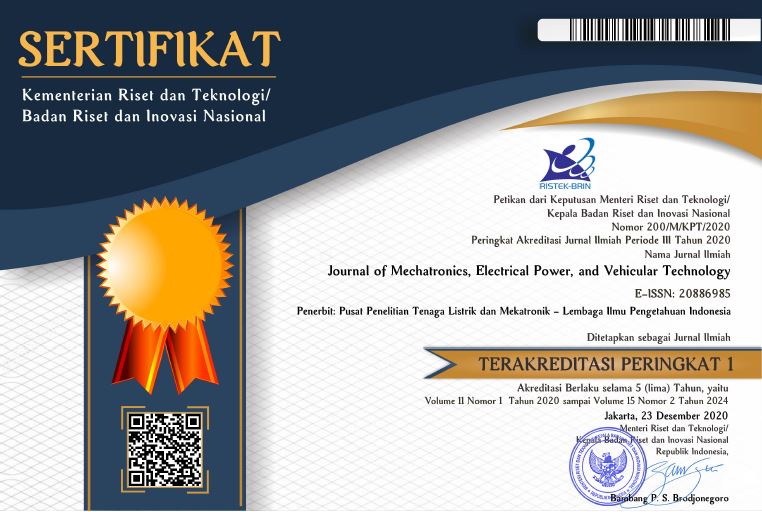Peer Review Guideline
Before you accept or decline an invitation to review, consider the following questions:
- Does the article match your area of expertise? Only accept if you feel you can provide a high quality review.
- Do you have a potential conflict of interest? Disclose this to the editor when you respond.
- Do you have time? Reviewing can be a lot of work – before you commit, make sure you can meet the deadline.
Respond to the invitation as soon as you can – delay in your decision slows down the review process, whether you agree to review or not. If you decline the invitation, provide suggestions for alternative reviewers.
Review Comment
Your review will help the editor decide whether or not to publish the article. Giving your overall opinion and general observations of the article is essential. Your comments should be courteous and constructive, and should not include any personal remarks or personal details including your name.
Providing insight into any deficiencies is important. You should explain and support your judgement so that both editors and authors are able to fully understand the reasoning behind your comments. You should indicate whether your comments are your own opinion or are reflected by the data.
Reviewer Checklist
- Give your main impressions of the article, including whether it is novel and interesting, whether it has a sufficient impact and adds to the knowledge base.
- Give specific comments and suggestions, including about layout and format, title, abstract, introduction, method, statistical errors, results, conclusion/discussion, language and references.
- If you suspect plagiarism, fraud or have other ethical concerns, raise your suspicions with the editor, providing as much detail as possible. Visit MEV's Publication Ethics webpage or the COPE guidelines for more information.
- According to COPE guidelines, reviewers must treat any manuscripts they are asked to review as confidential documents. Since peer review is confidential, they must not share the review or information about the review with anyone without the agreement of the editors and authors involved. This applies both during and after the publication process.
- Any suggestion that the author includes citations to reviewers’ (or their associates’) work must be for genuine scientific reasons and not with the intention of increasing reviewers’ citation counts or enhancing the visibility of reviewers’ work (or that of their associates).
The final decision
MEV Editor ultimately decides whether to accept or reject the article. The editor will weigh all views and may call for a third opinion or ask the author for a revised paper before making a decision.




















